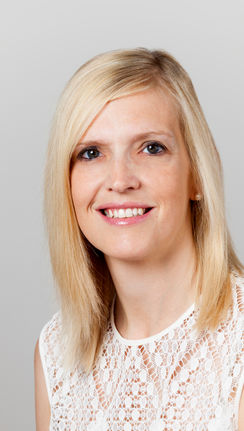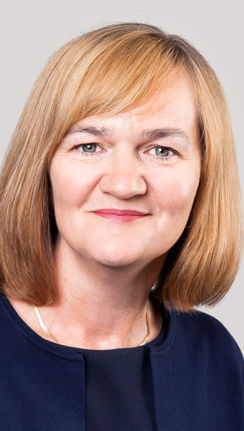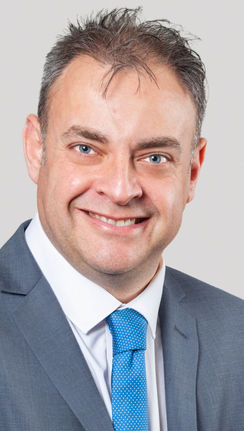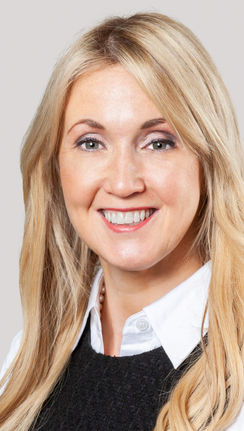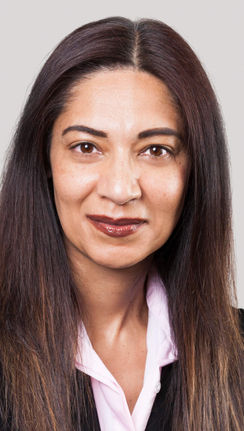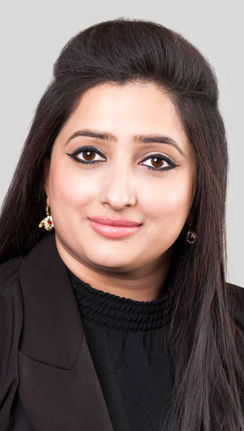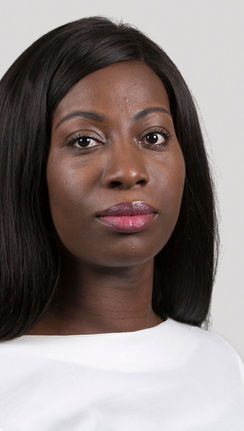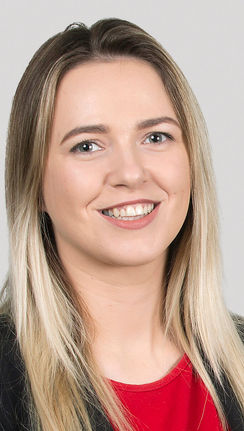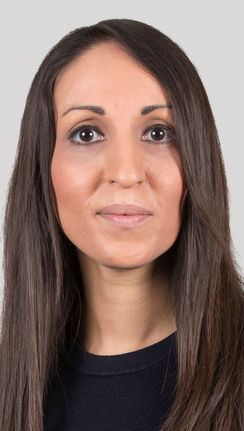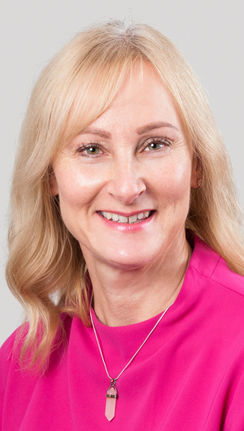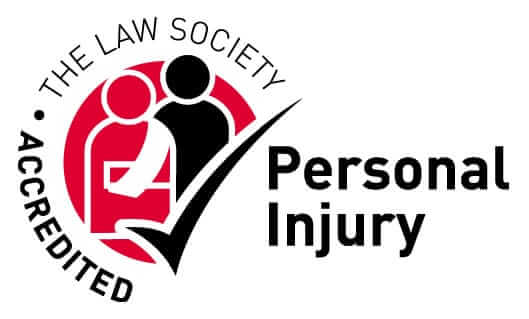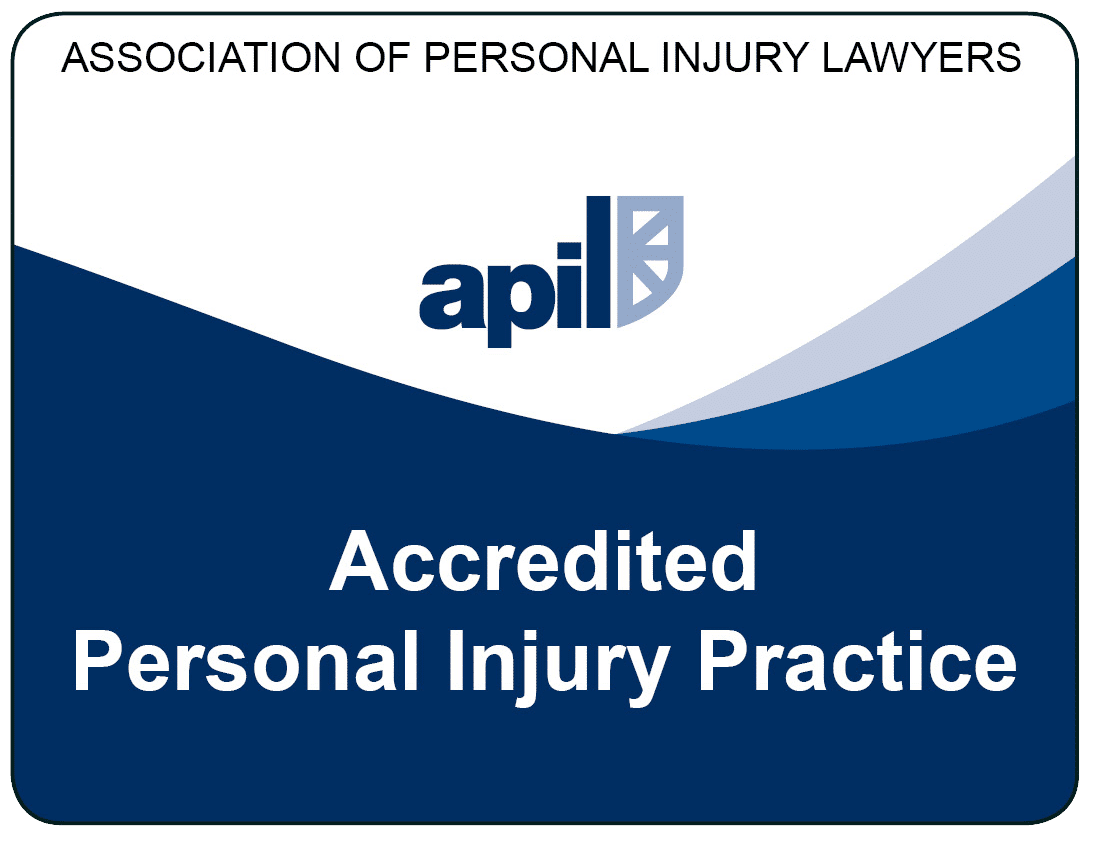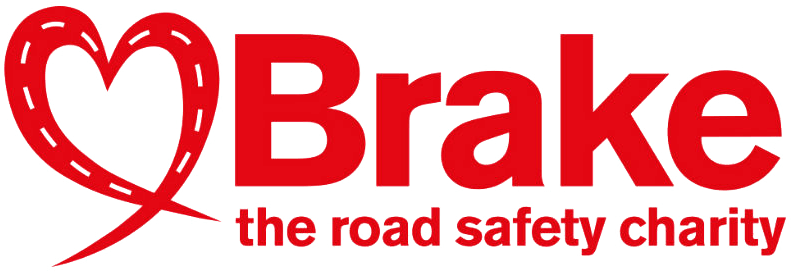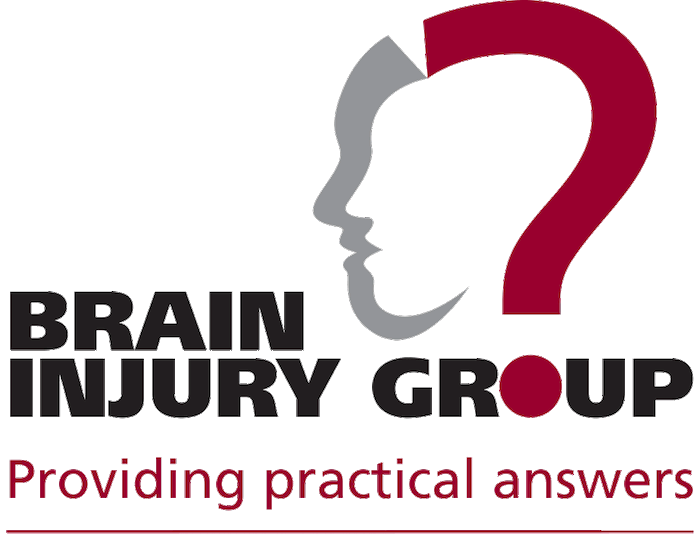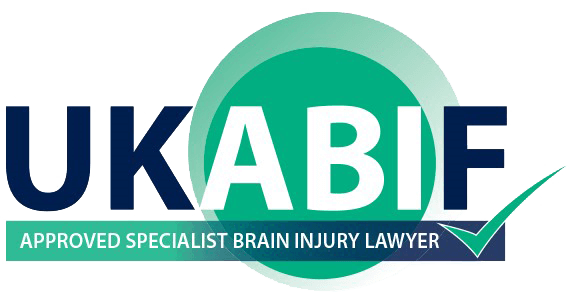Personal Injury Claims Guide
It is important to provide your solicitor with as much information as possible when making a personal injury claim. Initially, your solicitor will need as much information as possible about the incident itself including the date, time and what happened.
The date of the accident is important as this will allow your solicitor to calculate the limitation date for your personal injury claim. The limitation date is a time limit which is set out by law for a Claimant to issue Court proceedings in a claim. The time limit for a personal injury claim is 3 years from the date of the accident or 3 years from the Claimant’s 18th birthday if the Claimant is a minor.
If a claim form is not issued at Court by this date, then a personal injury claim can no longer be brought. It is therefore crucial that your solicitor is aware of this date from the outset of your claim to enable them to take the necessary steps in plenty of time.
You will also need to provide your solicitor with a detailed description of what happened, who you think is responsible and why. To be successful in a personal injury claim, you need to be able to prove that your injuries were caused because of the negligence of another party. Any documents that you have that can assist with this will need to be given to your solicitor along with details of any witnesses who might be able to assist your claim.
If you have photographs of the hazard or your injuries your solicitor will need to see these as well as any reports you have been provided with about the accident or your injuries. For example, if you were provided with a copy of the accident report form.
we can help.
0330 822 3451Evidence of your injuries
To prove that the injuries were sustained, your solicitor will instruct a medical expert to examine you and prepare a report. The purpose of the report is to confirm whether your injuries were directly caused by the accident. The expert will review your medical records to see if there was another cause for the symptoms you are experiencing and then provide an opinion setting out how long they believe it will take for your symptoms to resolve (known as the prognosis).
You will therefore need to give your solicitor consent to access your medical records. The medical expert will need to see your complete medical history to provide their opinion, so it is important that full access to your records is granted.
Evidence of financial losses
You’re also entitled to claim for reasonable financial losses because of the accident. You’ll need to provide documentary evidence of the loss you have suffered.
Some common examples of evidence that your solicitor will need are:
- Loss of earnings
- Medication and treatment costs
- Travel expenses
- Damage to your property
- Care and assistance
Loss of earnings
If you’re employed, your solicitor will need to see copies of your payslips from 13 weeks before the accident up to and including the date you returned to work at full capacity. You should also provide a copy of your contract of employment as it may contain a clause that allows your employer to recover any sick pay paid to you as part of your claim.
If you’re self-employed, you will need to provide tax returns and profit/loss accounts for 3 years before the accident date plus the period of absence following the accident. Other evidence which could be useful in support of a loss of earnings claim are business bank account statements if they show a reduction in income and any letters or evidence which show cancelled contracts.
"BEYOND ALL EXPECTATIONS, I RECEIVED THE MAXIMUM COMPENSATION FOR MY INJURIES WITHIN 7 WEEKS, THEREFORE AVOIDING A COURT HEARING... VERY HELPFUL AND INFORMATIVE."
Medication and treatment costs
You can claim for the cost of prescriptions as well as receipts for over-the-counter medication. If you have paid for private treatment, then you should provide invoices or receipts for this.
If you have a private health insurance policy, you should provide the details to your solicitor as it is likely you will need to include their costs in your claim.
Travel expenses
You’re entitled to claim for travel expenses incurred travelling to appointments at your GP, the hospital or to and from treatment sessions.
If you’ve used public transport, you should keep the evidence of travel such as tickets, or if you have used an Oyster or contactless payment card, provide a copy of the statement with the relevant journeys clearly marked. If you’ve travelled to these appointments by car, keep a note of the dates of the appointments and the distance travelled, and your solicitor can include a claim for mileage.
"BRILLIANT SERVICE FROM START TO FINISH... I RECEIVED REGULAR UPDATES VIA EMAIL AND LETTERS... AND ATTENDED VARIOUS APPOINTMENTS NEEDED TO HELP BUILD MY CASE."
Damage to personal property
If your clothing or other personal property is damaged in the accident, you should take photographs of the damage and keep the property if at all possible. If the damage can be repaired, provide quotes for the repairs.
If it is not possible to fix the damage, provide receipts for any replacements purchased. You should be aware however, that you will only be compensated for the equivalent item to the one that was damaged.
For example, if your mobile phone was damaged and needed to be replaced, you would only be compensated for an equivalent make or model. You would not be able to buy an upgraded/more expensive model and recover the full cost. Wear and tear, depending on how long you have had the items will also be considered.
"I HAVE BEEN EXTREMELY IMPRESSED WITH THE EFFICIENCY OF HODGE JONES & ALLEN. THE GUIDANCE RECEIVED HAS BEEN BOTH PROFESSIONAL AND FRIENDLY AT ALL TIMES."
Care and assistance
You can claim for help you have received from other people with tasks that you would normally have carried out yourself. For example, if you were unable to go shopping and a family member went on your behalf this can be considered in the claim. This is subject to the care provided being over and above what would normally be provided.
This does not only include assistance provided by friends and family; if you regularly pay for a gardener to tend to your garden, you could claim the costs of extra work caused by your injuries. However, you should bear in mind that if you would have paid the gardener in any event and no extra work is carried out, these costs cannot be included.
You should keep a detailed account of the tasks you required help with and how long these people spent helping you. As the claim progresses, it is likely that your solicitor will want to take statements from these people as evidence for this part of the claim.
You should be aware that it is never guaranteed that all of your financial losses will be recovered in full. If a loss is deemed to be unreasonable, not connected to the accident or if there is insufficient evidence then you may not recover the full amount claimed or anything at all.
Who can make a personal injury claim?
Anyone who has been injured by the result of someone else’s negligence can bring a personal injury claim. However, there are certain circumstances where the person bringing the claim (known as the Claimant) may need someone else to act on their behalf.
Litigation friends
If someone under the age of 18 is injured and wishes to bring a claim, they are unable to make legal decisions themselves and therefore need an adult to act on their behalf. They are therefore required to have a litigation friend who will make the decisions on the child’s behalf until they reach the age of 18.
A litigation friend for a child is usually a parent, family member or friend.
They will be required to sign legal documents and attend Court Hearings which would include an Approval Hearing. They will need to liaise with the solicitors who act on behalf of the client to consider the legal advice and make decisions on the client’s behalf.
A litigation friend has a duty to act in the Claimant’s best interests and therefore it is crucial that there is no conflict of interest when choosing a litigation friend. An example of this would be if a child was injured after being hit by a car when they were out with one of their parents. Whilst the primary claim would be against the driver’s insurers, it is possible that there could be an allegation that the parent is also partially responsible for not supervising the child properly. If this was the case, a conflict would be created if this parent was also the litigation friend. In such circumstances it is better to have a litigation friend who was not present at the accident.
A litigation friend would also be needed if the Claimant was over the age of 18 but did not have capacity to manage their own affairs or make decisions on their own behalf. Whether or not a person has capacity is determined by criteria set out in the Mental Capacity Act 2005. A person may not have capacity due to a long-standing illness or potentially as a result of serious injuries that they have suffered in the accident they wish to claim for.
The duties and responsibilities for a litigation friend acting on behalf of an adult are the same as those for a child and therefore the same consideration needs to be given as to who is the right person to fulfil this role.
Where a child or protected party does not have any family members or friends that would be a suitable litigation friend then they could use the Official Solicitor which is a Government-run body. A Court of Protection Deputy could also be appointed or someone who has a lasting or enduring power of attorney.
Fatal accidents
In cases where a person is involved in a fatal accident, there are three main groups of people entitled to make a claim:
- Dependants of the deceased
- Close relatives of the deceased
- The deceased’s Estate
The people who fit into these categories will vary depending on an individual’s personal circumstances.
The correct person to bring the claim on behalf of these groups will depend on who is named as the Administrator of the deceased’s estate on the Grant of Probate. They will usually be the Executor of the deceased’s will or if they died without the will, the person named on the Letter of Administration.





